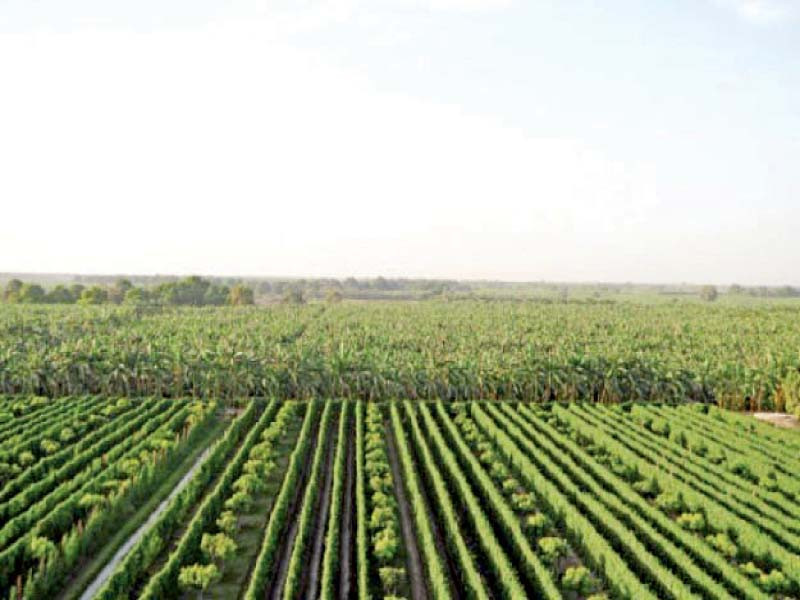
Renowned economist Dr Kaiser Bengali stated that the promotion of industrial and agriculture sectors was imperative to create employment opportunities so as to increase incomes of the people and bring them out of poverty.
Unfortunately, over the past forty years, we have destroyed our industries, and for the last forty years, no investment has been made in agriculture and industries, he said.
He proposed a Charter of Economy for Sindh during a lecture session at the Rangoonwala Conference Hall of the Applied Economics Research Centre (AERC) of the University of Karachi on Friday
The AERC had invited Dr Kaiser Bengali to highlight the real social and economic problems of the province and how people can come out of the current situation.
"At present, we have nothing to generate revenue because factories are closed, and installation of new industries has ceased," he said adding, "We need to facilitate setting up of industries for generating revenue as well as employment."
He said that instead of relying on the private sector, we should establish industries under public-private partnerships. Improvement in the GDP growth requires enhancement in the employment growth.
Dr Bengali further said that the state's most important responsibility is the welfare and prosperity of the people and social protection.
Sixty per cent of buildings in Karachi and eighty per cent in Hyderabad are dilapidated and not suitable for taxation. Since 1977, there has not been a single housing scheme for the poor and middle class. It's not a lack of funds but the weakness of the national system; we need to reduce our expenses and correct the system.
The economist also called for reforms in the pension system and pointed out that in Balochistan, 60 per cent of the budget goes into payment of pensions.
He observed that governments should secure the household and macro-economics, and proper flood management in Sindh. He advised priorities should be given to regional and urban development and work on finding new resources.
According to him, the Roti, Kapra aur Makaan, sums up the basic aspiration of the people, so that ensuring food security is the foremost duty of the state and gives the idea that most essential food items like wheat, pulses, onions, cooking oil, vegetables, and spices, all must be grown in the province and shared that these items are capable of being grown in Sindh.
Dr Bengali proposed district-wise acreage allocation to ensure adequate food production, suggesting incentivizing growers for reasonable returns. Highlighting sugarcane as a coastal crop, he recommended limiting its cultivation to coastal districts, freeing up approximately 200,000 hectares for other essential crops.
He underscored the importance of employment generation, primarily through agriculture and industry, for survival, stressing the need for comprehensive infrastructure development and flood protection measures. Dr. Bengali called for the removal of kacha encroachments and the establishment of forest belts along the River Indus to prevent erosion and facilitate floodwater evacuation.
Addressing the disparity between urban Karachi and rural areas, he advocated for the identification and prioritization of Rural Growth Centres (RGCs) for economic and social infrastructure development. Each RGC should include quality housing, educational institutions, healthcare facilities, market centers, and industrial parks.
Dr Bengali emphasised the importance of liveable cities to attract educated youth and drive development, advocating for infrastructure development, incentives for agriculture, industry, and social security. He proposed reallocating resources from non-development to priority development areas and suggested a decentralized local government system with equitable fiscal distribution based on efficiency.
In response, KU Vice Chancellor Professor Dr. Khalid Mahmood Iraqi highlighted the economic decline due to policy discontinuity and the need for proactive solutions at the grassroots level to alleviate societal challenges.
Published in The Express Tribune, April 20th, 2024.













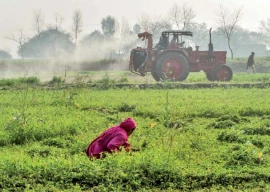







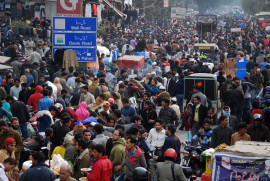

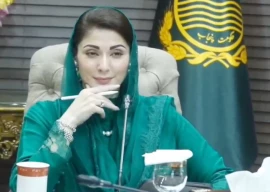




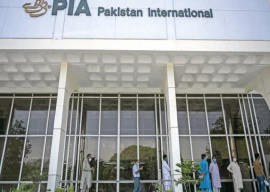










COMMENTS
Comments are moderated and generally will be posted if they are on-topic and not abusive.
For more information, please see our Comments FAQ